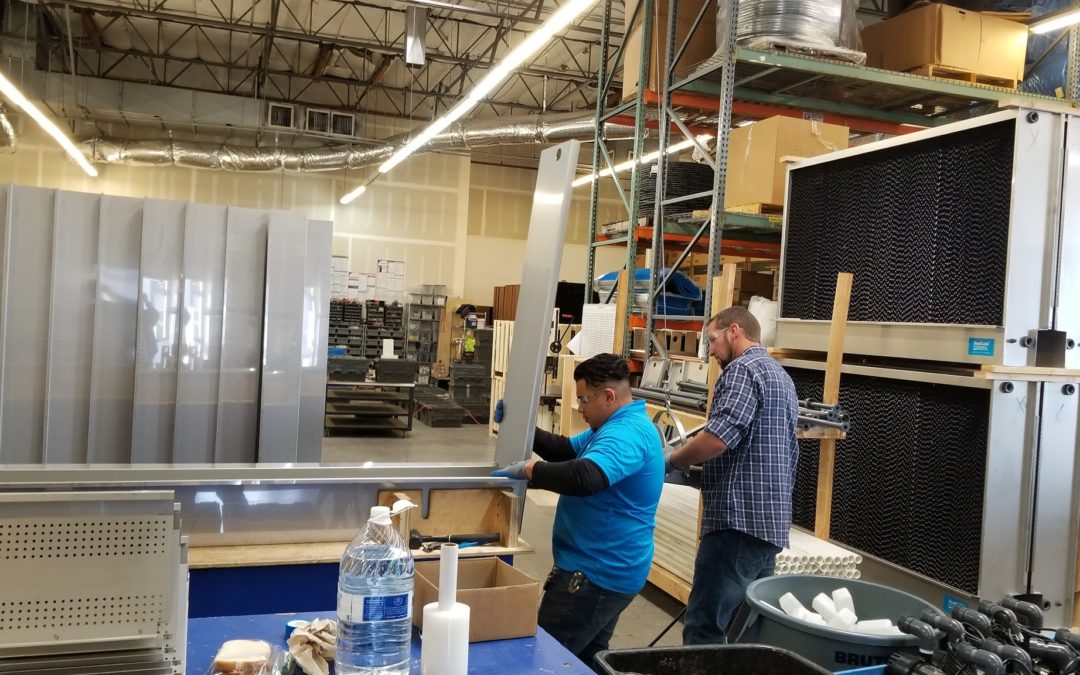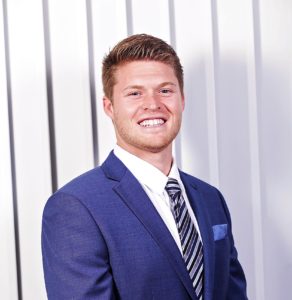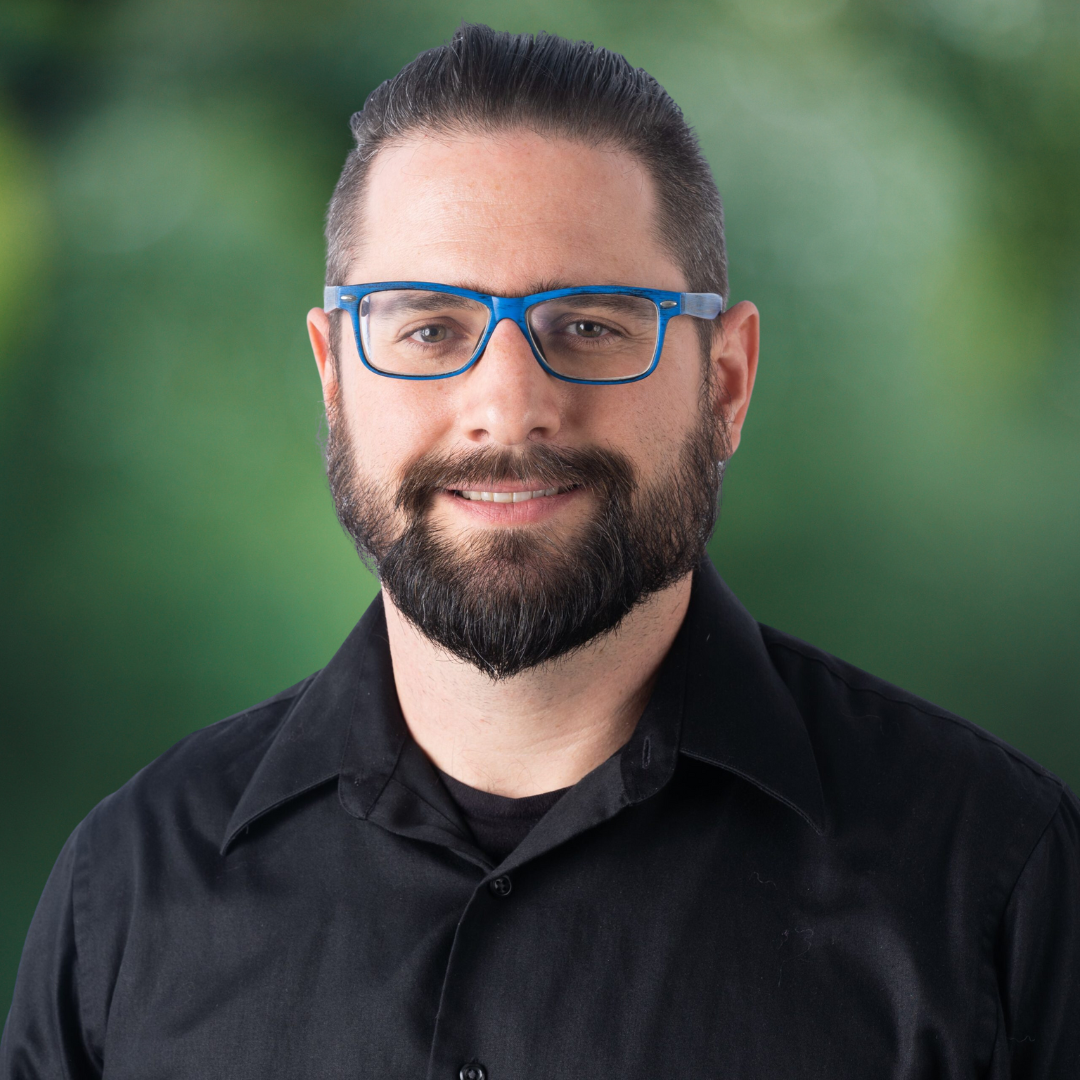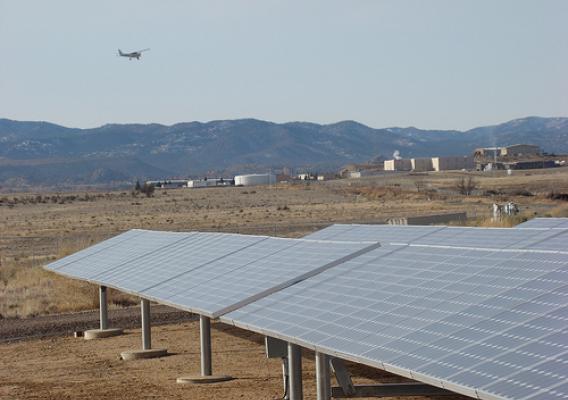
Bitcoin, Blockchain, and Cleantech
Someone the other day asked what the bitcoin revolution would mean for cleantech. That’s a great question. Bitcoin is certainly is getting a lot of attention. Little wonder since bitcoin prices themselves were up 2000% in 2017 (creating a $275 billion total value) and its less well-known cousins had the same pattern — Litecoin up 7000% ($15 billion market value) and Ethereum up 8400% ($5 billion market value). And the larger question is what the whole blockchain technique would mean for cleantech.
This is not the place to explain what blockchain and “cryptocurrency” is all about. For that, try this article. The volatility in prices and the oversupply of cryptocurrencies (over 1000 have been created, but only a few have gotten any traction), should be warning signs. However, it seems like several applications could be possible.
- Paying for cleantech products on the web. Several providers have indicated a willingness to accept bitcoin for payment. Looking into it, so far it looks a little clumsy. Probably over time it will get easier. Is there any advantage over using regular currency? There is an advantage for the bitcoin owner who avoids the clumsy product of converting into currency, so there might be a slight attraction to buying from provider that will accept bitcoin. To be determined. The advantage might be greater in developing nations that have weak currencies and high inflation, where the local currency is not a good store of value.
- Raising money for cleantech startups. It might be attractive for someone with big windfalls in the value of their bitcoins to put some of it to work rather than convert it. Maybe they will be a little less demanding in the terms of the investment. But why would a startup accept bitcoin. It would have to be converted into hard currency quickly in order to be useful. Depends on how easy that would be, perhaps. The real question is why anyone would perceive that gains would be higher exchanging bitcoin for equity in a small startup. The rise in value of a number of cryptocurrencies is hard to beat. So maybe a bitcoin owner would be interested if it looked like those values would stagnate or decline — as it did suddenly in December. Exchanging into something that might have growing value to avoid the loss in bitcoin makes sense for the owner in this case, but why would the startup want the risk of getting an investment in a unit that is declining in value? This might translate into a discount to current bitcoin values for any investment in a startup. That introduces some misalignment of interests between the potential investor and the startup. On the other hand, a small public company recently put “bitcoin” in its name and saw its market value double. The predictable next step would be to make a secondary public offering to raise money before the price came back down.
- Using blockchain to get added environmental credits for clean tech. A small industry has grown up around obtaining and trading renewable energy and carbon credits–for utilities and industry to meet regulatory requirements or for offsetting pollution emissions voluntarily. Selling the credits provides an additional income stream for those who are creating them, providing more revenue to a struggling startup potentially. One of the challenges in this is verifying the credits are legitimate and that they are transferred properly. This is usually the domain of specialized organizations and out of reach of small consumers and producers. Secure blockchain transaction could help with this and open the door to individuals in trading credits.
SolarCoin is one of those. If you have solar panels on your roof, you most likely are creating credits that either are not being used, or are being sold by the company that installed and owns the panels. SolarCoin is a way for more people to cash in on this value. It does not supersede the formal credits, but in the words of the promoter, it is like “frequent flyer miles for solar”. Clever idea. It currently covers the output from only 200 megawatts of solar, but is growing. The Coins trade on the Lykke Exchange in Switzerland and have a value of 20 cents. The goal is to get that to $30. SolarCoin has one other beneficial feature in that they are created by actual electricity production rather than the hugely energy-intensive “mining” done to create bitcoins and its imitators. Bitcoin actually has a substantial carbon footprint. SolarCoins have a smaller, but nonzero, footprint. Check here for more on Solar Coin.
Power Ledger in Australia created POWR tokens to trade renewable energy credits, and raised $24 million in an “Initial Coin Offering” or ICO to fund the company. See this link.

ABOUT THE AUTHOR
Gary Simon is the Chair of CleanStarts Board. A seasoned energy executive and entrepreneur with 45 years of experience in business, government, and non-profits.











